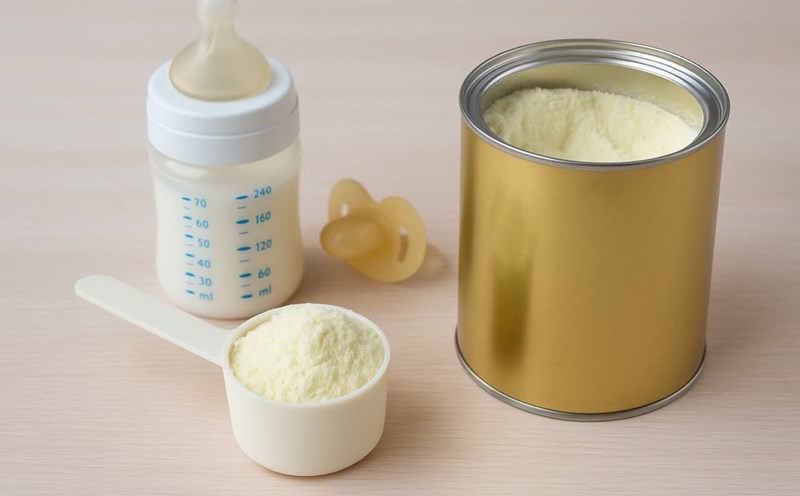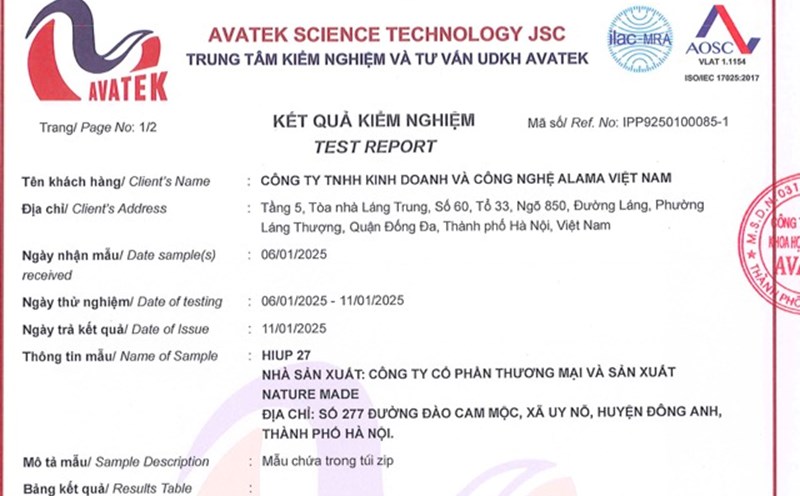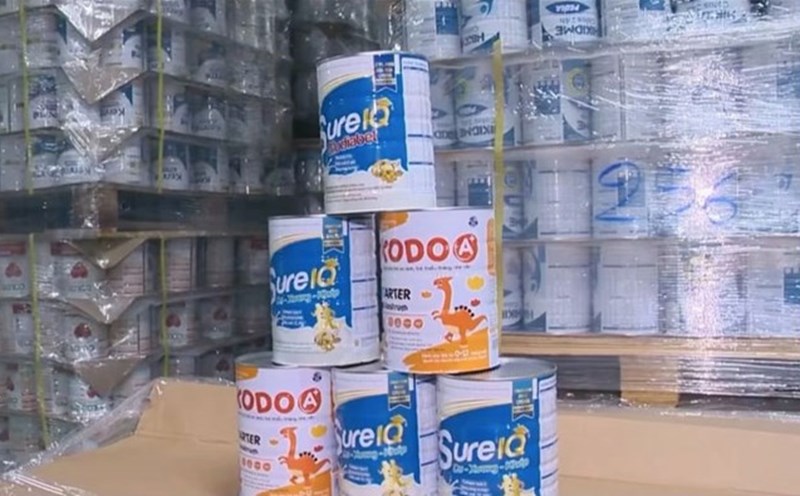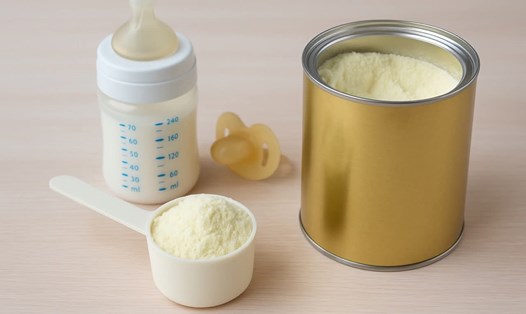Mr. Tran Huu Linh - Director of the Domestic Market Management and Development Department (Ministry of Industry and Trade) pointed out 3 reasons why Rance Pharma International Pharmaceutical Joint Stock Company and Hacofood Group Nutrition Pharmaceutical Joint Stock Company have been discovering fake milk for a long time.
First, businesses selling fake milk often carry out full legal procedures and documents in accordance with regulations, creating legal covers to conceal product quality violations. These violations can only be detected through in-depth testing, while the product has not been complained by consumers, making it difficult for authorities to have a basis to take samples for testing.
Second, instead of distributing through supermarket channels, official agents or controlled retail chains, products are mainly consumed through direct marketing. Enterprises participate in seminars, hospitals, and clinics to bring products to consumers, avoiding the supervision of the legitimate distribution system.
Third, some businesses also hire celebrities, actors, and influential models to promote and sell directly on social networking platforms such as Facebook, YouTube, Zalo, etc. This method is both easy to reach consumers and makes it difficult for authorities to monitor and handle violations.
The Ministry of Industry and Trade affirmed that the groups of fake powdered milk products produced by Rance Pharma International Pharmaceutical Joint Stock Company and Hacofood Group Nutrition Pharmaceutical Joint Stock Company are not under the management of this ministry.
Meanwhile, sharing about its functions and tasks, the Ministry of Health said that most of the management has been decentralized to localities and assigned to localities for management.
According to Dr. Tran Viet Nga - Director of the Department of Food Safety (Ministry of Health), the current Decree 15/2018/ND-CP has expanded the management mechanism in the direction of openness, shifting from pre-inspection to post-inspection, from registration to self-declaration of products. However, the post-inspection work has only partly met practical requirements. With thousands of outstanding products, the ability to check quality is still limited, causing consumers to face many risks.
The Ministry of Health said that the reason is partly due to lack of human resources, equipment and funding, while the number of self-declared products is increasing.
Currently, the Ministry is drafting a amendment to Decree 15 in the direction of tightening management. The draft proposes to control organizations and individuals who announce products; requires explanation of formulas and updating information if there are important changes such as origin, production facilities, and ingredients. At the same time, clearly stipulate the responsibility of the management agency in publicizing the dossier and reviewing after 3 months to ensure transparency and suitability with reality.
Regarding the large-scale production, trading and consumption of fake powdered milk, the Ministry of Health has and will continue to closely coordinate with the Ministry of Public Security on professional issues so that the Ministry of Public Security has a basis to handle it in accordance with the law, and clearly investigate the responsibilities of relevant organizations and individuals.
At this time, the Food Safety Department also requested to tighten food post-inspections in the 2025 Action Month. The Department recommends that the Department of Health, the Department of Food Safety of Ho Chi Minh City and the Da Nang Food Safety Management Board effectively implement post-inspections for food products under their management authority such as strengthening post-inspections of self-declaration and registration of publications, especially for groups at high risk or affecting the elderly, children... Check advertising and advertising records; strictly handle violations; coordinate with local authorities.
According to pharmaceutical expert Nguyen Xuan Hoang - Vice President of the Vietnam Functional Food Association, after nearly 7 years of implementation, Decree 15 has revealed many shortcomings and needs to be amended to better suit the requirements of integration. He emphasized that it is necessary to require businesses to submit testing methods when announcing products. Because forging units will not be able to provide a clear testing process, while authorities can proactively take samples for comparison analysis.
However, this regulation has not been widely applied. Without a specific testing method, quality supervision will face many difficulties; on the contrary, if applied periodically, businesses will face increased cost pressure. Some businesses have taken advantage of this loophole to circumvent the law and avoid inspection.
Mr. Hoang said that in the context of the Decree amendment still facing difficulties, it is possible to consider adjusting it in the guiding circular to more clearly stipulate the technical contents, especially the testing method to increase the effectiveness of post-inspections on the field.











